Angad Banga, Chief Operating Officer of The Caravel Group, and Executive Director of Fleet Management Limited, is advancing industry partnership as Chairman of the Hong Kong Shipowners’ Association and Chairman of the Promotion and External Relations Committee of the Hong Kong Maritime and Port Development Board. Speaking to Tradewinds, Angad said Hong Kong’s ability to adapt may prove its greatest asset.

With geopolitical tensions, regulatory shifts and strategic realignments reshaping global shipping, the question of Hong Kong’s future as a shipowning centre has resurfaced.
Yet the narrative of decline may be overstated, and the data and developments tell a more nuanced story, Hong Kong Shipowners Association chairman Angad Banga said.
Much of the recent discourse has focused on the Hong Kong flag, particularly in light of the threat of US port fees, and China’s countermeasures, which have now been put on hold for 12 months.
The debate has been intensified by the reflagging of vessels by Seaspan Corp and Pacific Basin Shipping to Singapore.
Banga points out that structural changes to the Hong Kong flag began well before the trade tensions escalated.
Market shifts
He said: “Even before [US port fee plans], we saw shifts: more expensive, newer tonnage coming in and a reduction in the number of vessels and gross tonnage.
“Some of that was due to container operators selling ships at the top of the market during Covid, and others reflagging to the so-called dark fleet.
“It’s also about risk management and planning.”
The numbers support this.
As of 31 January, before the port fee announcement from the Office of the United States Trade Representative, the Hong Kong Shipping Registry listed 2,324 vessels totalling 132m gt.
By 31 August, the register had dropped by just 87 vessels, or 5.28m gt.
“It’s not as stark as it’s being made out to be,” Banga said.
One key development is upcoming legislation to allow dual registration, including bareboat and parallel arrangements, currently prohibited under Hong Kong law.
He explained: “If a ship is registered elsewhere, it ceases to be registered in Hong Kong.
“That’s changing, and we expect the amendment to be completed early next year. It could reshape the dynamics significantly.”
Banga remains bullish on the flag’s performance, saying the data “speaks for itself”, with strong results in international port state control regimes and positive recognition from the International Chamber of Shipping.
“It’s a great flag,” he said. “But in today’s world, owners are thinking about risk management and diversification.”
Beyond the flag
Banga believes Hong Kong’s strength lies not just in its registry, but in its deepening maritime ecosystem.
He said: “Flagging doesn’t require physical presence. But when you look at ownership, commercial principals and the broader ecosystem, Hong Kong is growing.
Ship management, finance and leasing, arbitration and professional services are expanding exponentially.”

This growth is driven in part by China’s influence, as well as evolving tax regimes that support maritime leasing, commercial principals and now commodities trading.
Commodities trading is critical, Banga explained: “Shipowners have customers, cargo providers. When freight decision-making returns to Hong Kong, it attracts owners, brokers and service providers.”
“Some of it’s RMB [renminbi] financing, some of it’s tax-driven and some of it’s the China nexus.
“But when China is the world’s largest importer of dry bulk and wet cargo, freight decisions naturally create a maritime ecosystem.”
Banga believes Hong Kong is quietly reasserting its relevance — not just as a financial hub, but as a strategic anchor for the global shipping industry.
“I’m probably more bullish about Hong Kong as a global maritime capital today than I’ve been in a long time,” he said.
While the challenges are real, the fundamentals remain strong.
For many shipowners, the calculus is simple: to write off Hong Kong is to write off China. And few are willing to do that.
He points to a rise in trading outfits setting up in Hong Kong, from international firms and China-based entities.
Logistics draw
Despite the political headwinds, Hong Kong’s appeal remains strong, buoyed by a zero-tax regime, OECD-compliant financial policies and proximity to China’s vast cargo base and shipbuilding infrastructure.
“There’s no perfect place to be right now,” Banga said. “Singapore has become more expensive and restrictive, especially around visas.
“But Hong Kong, perversely, is benefiting from the very tensions that surround it.”
While financial services are leading the rebound — with record IPOs and capital market activity — the hope is that shipping and other sectors will follow.
“It feels like a much stronger place than it has been in the last five years,” Banga said. “And that momentum is starting to ripple outward.”
Yet, the industry remains on edge. Recent developments in Washington have sent shock waves through global markets, and shipping companies — whether Greek-listed in New York or privately held in Asia — are watching closely.
“Shipping tends to thrive in times of chaos,” Banga added. “There’s always a silver lining.”
Credit:
This article was originally Published in TradeWinds (12 November 2025): ‘Thriving in chaos’: Hong Kong makes gains despite US-China trade pain

.jpeg)
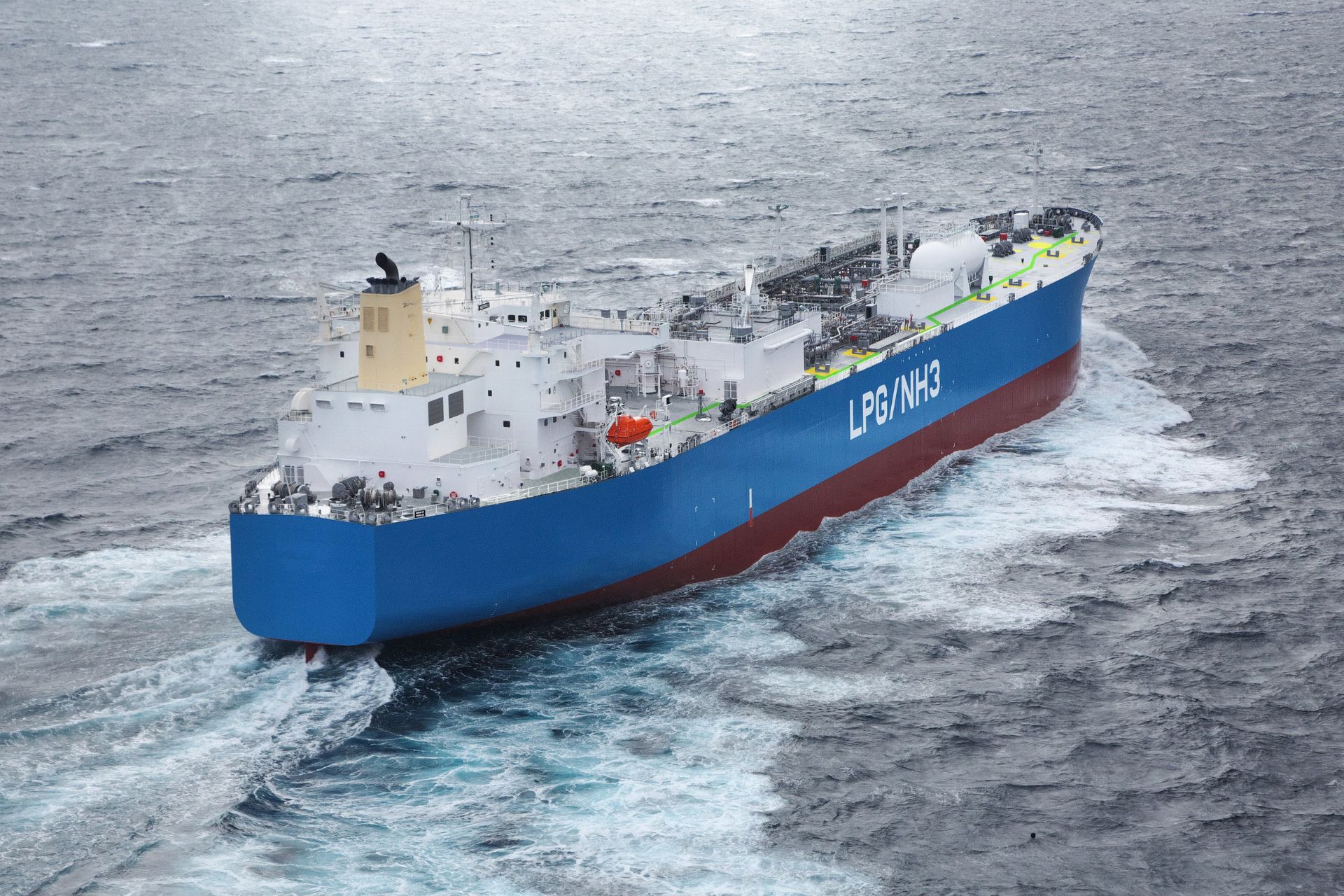

.jpeg)
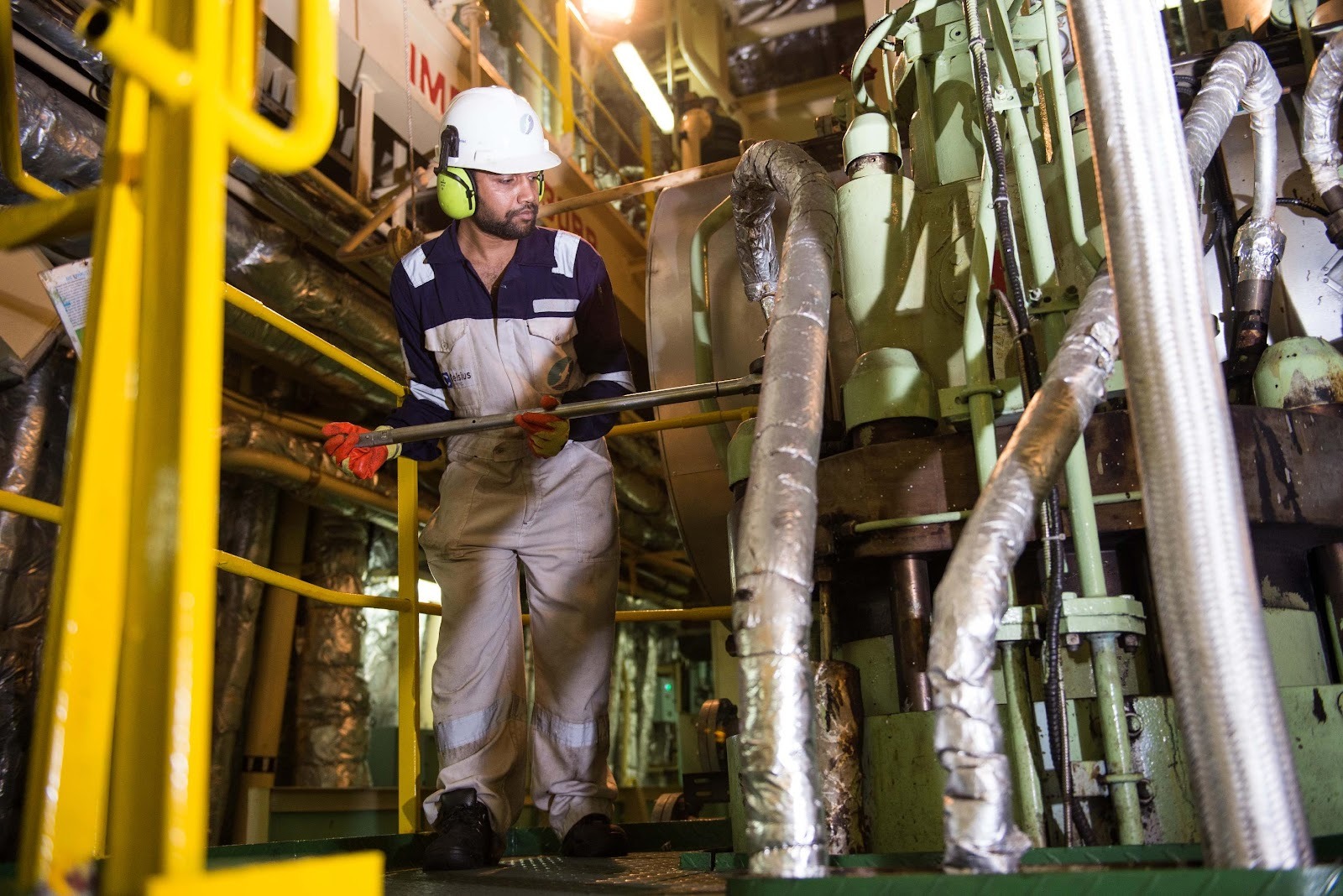



.png)

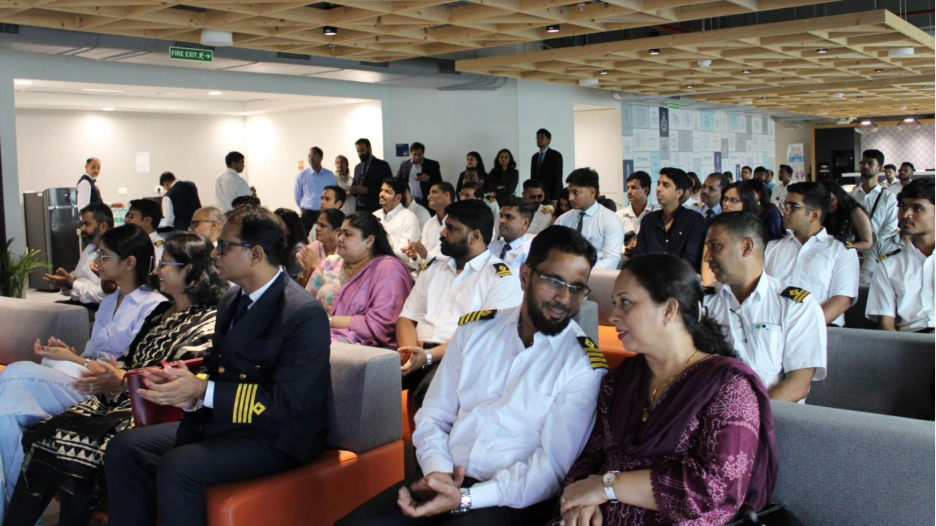




-min.png)

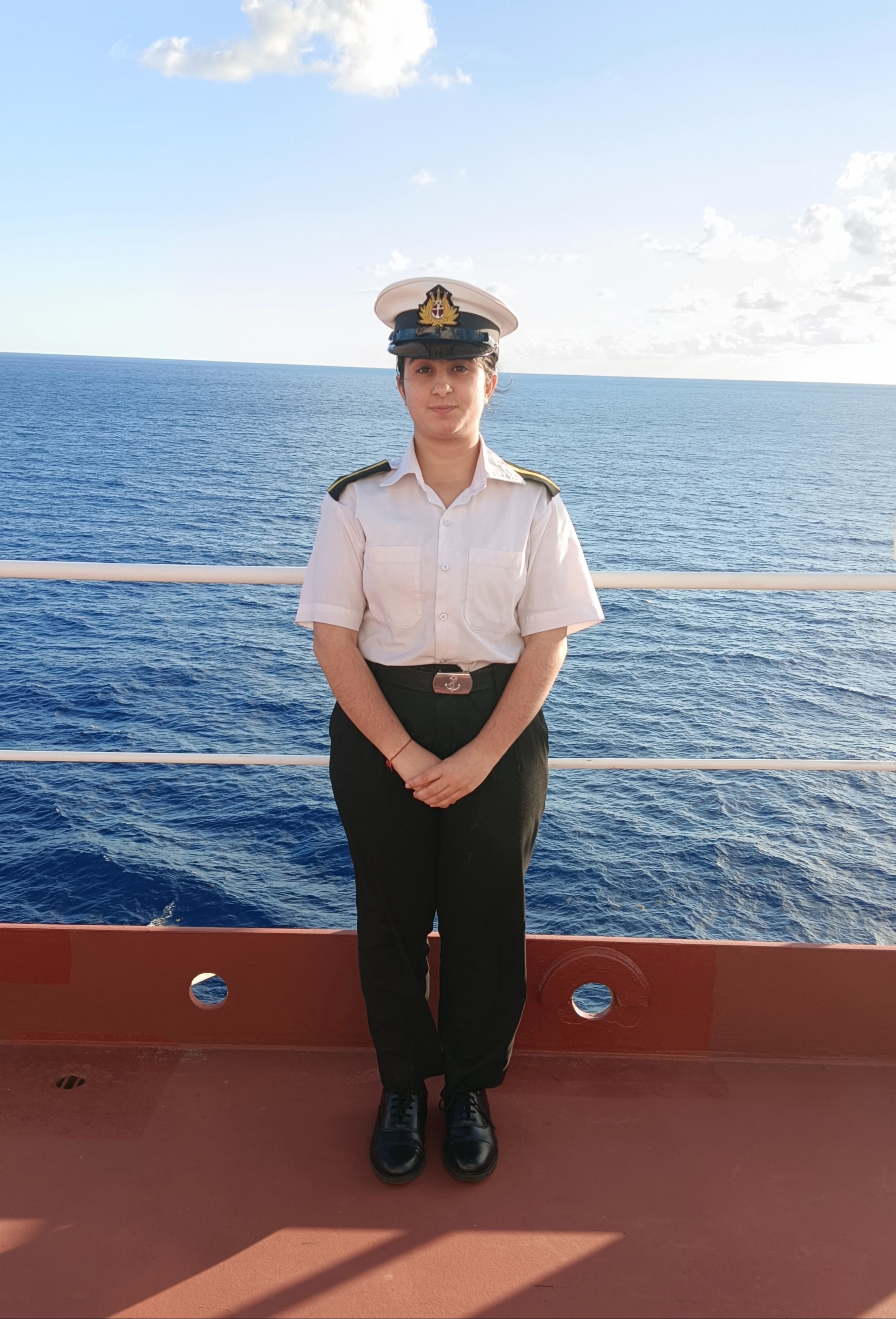








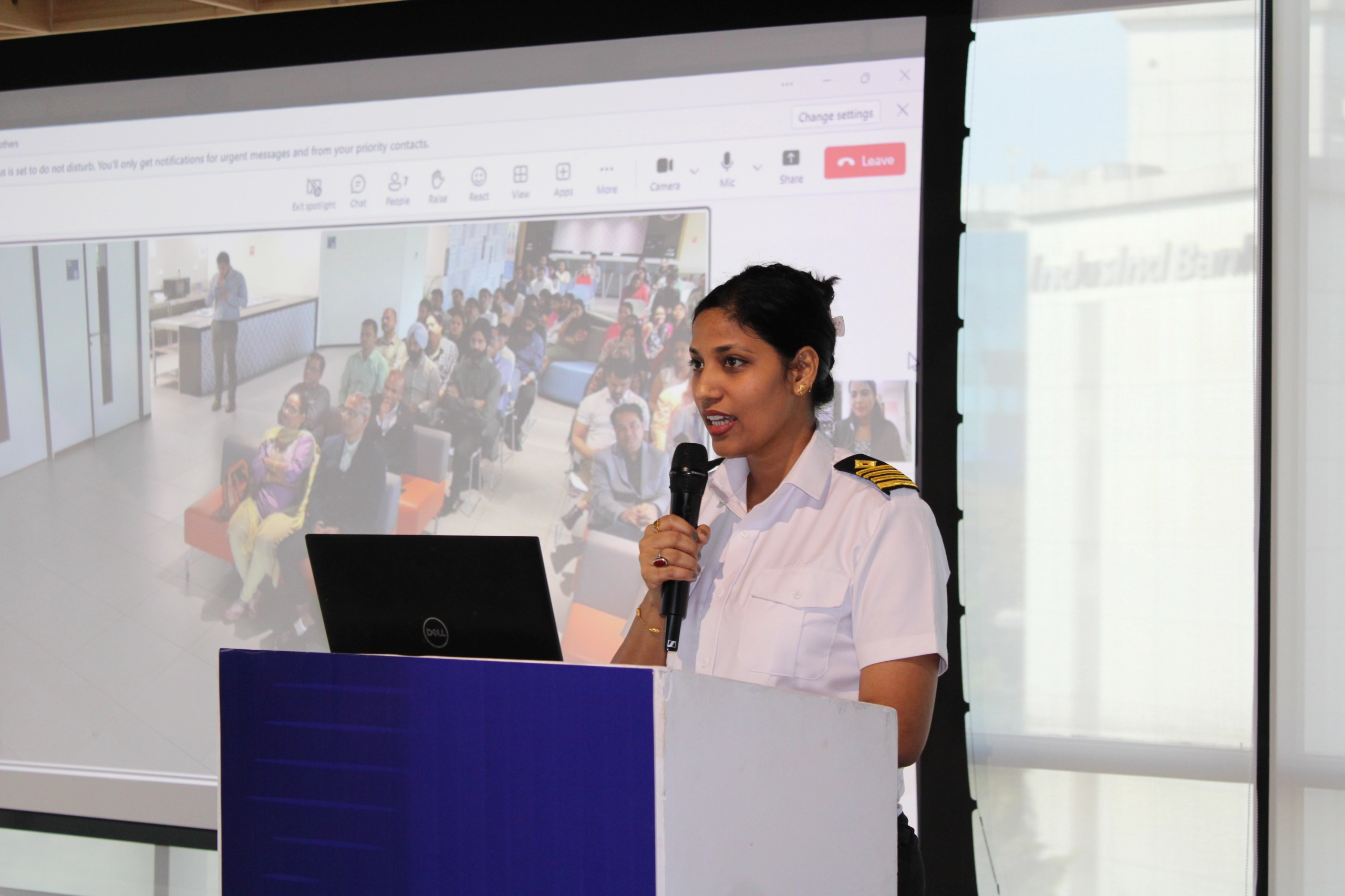






.svg)